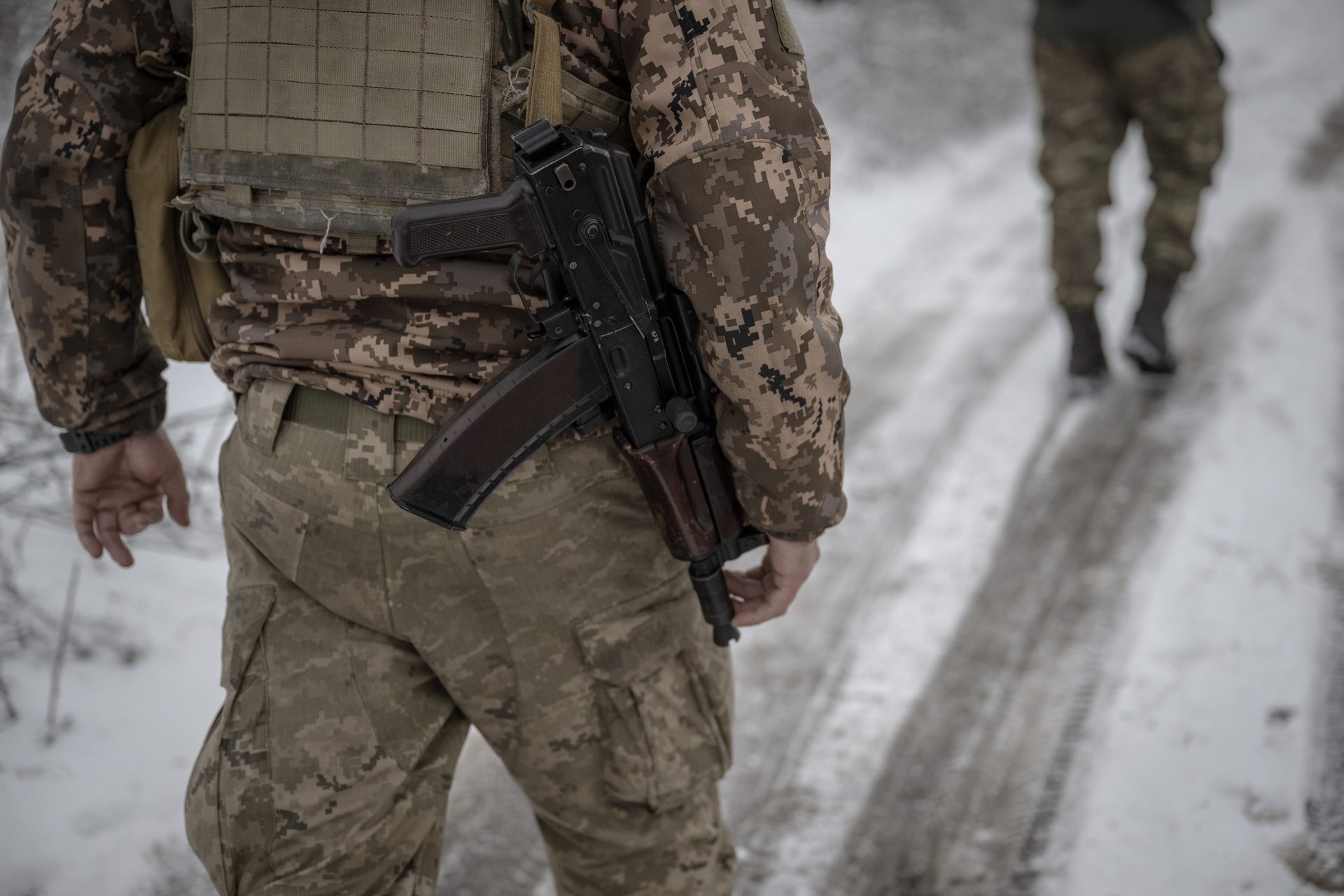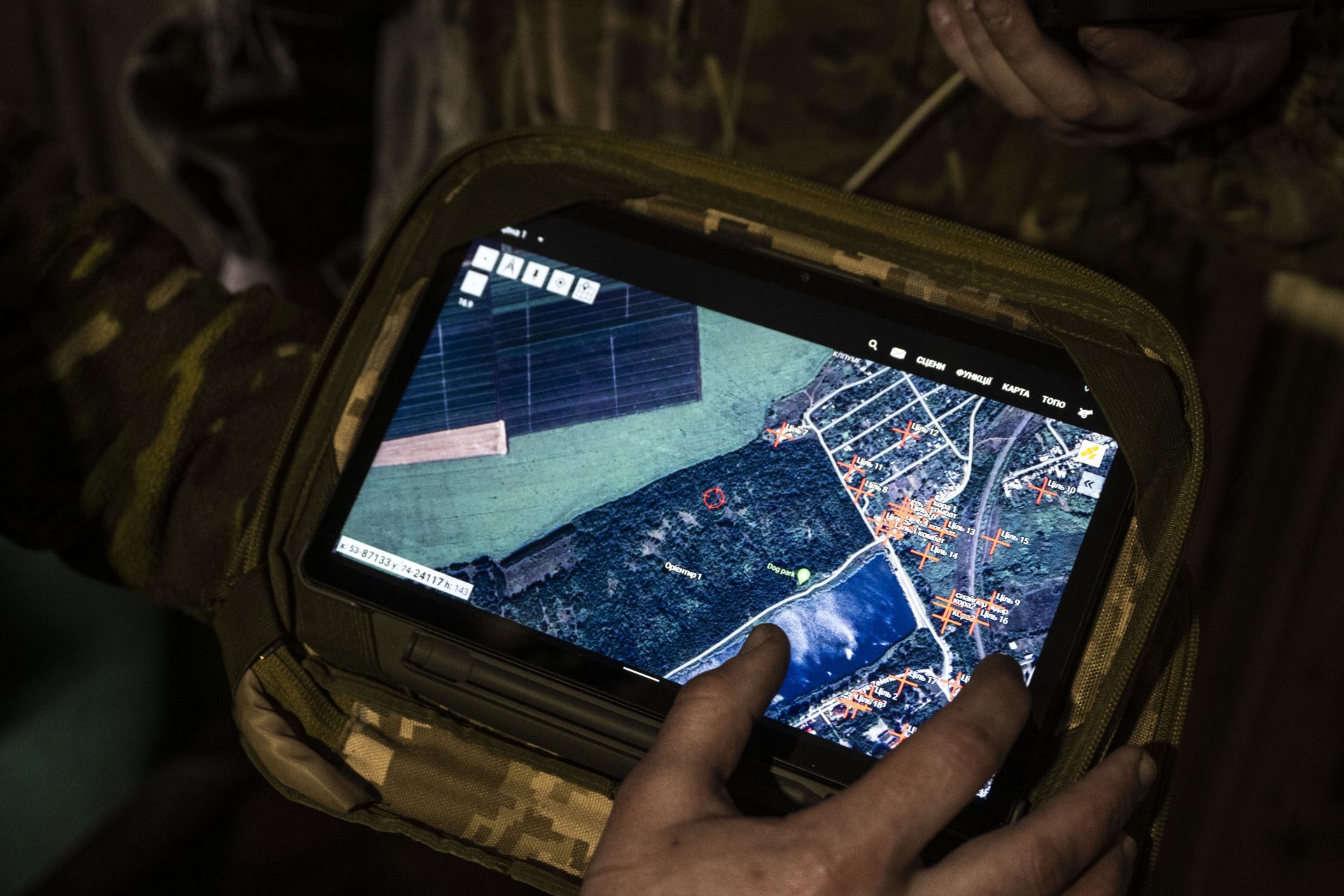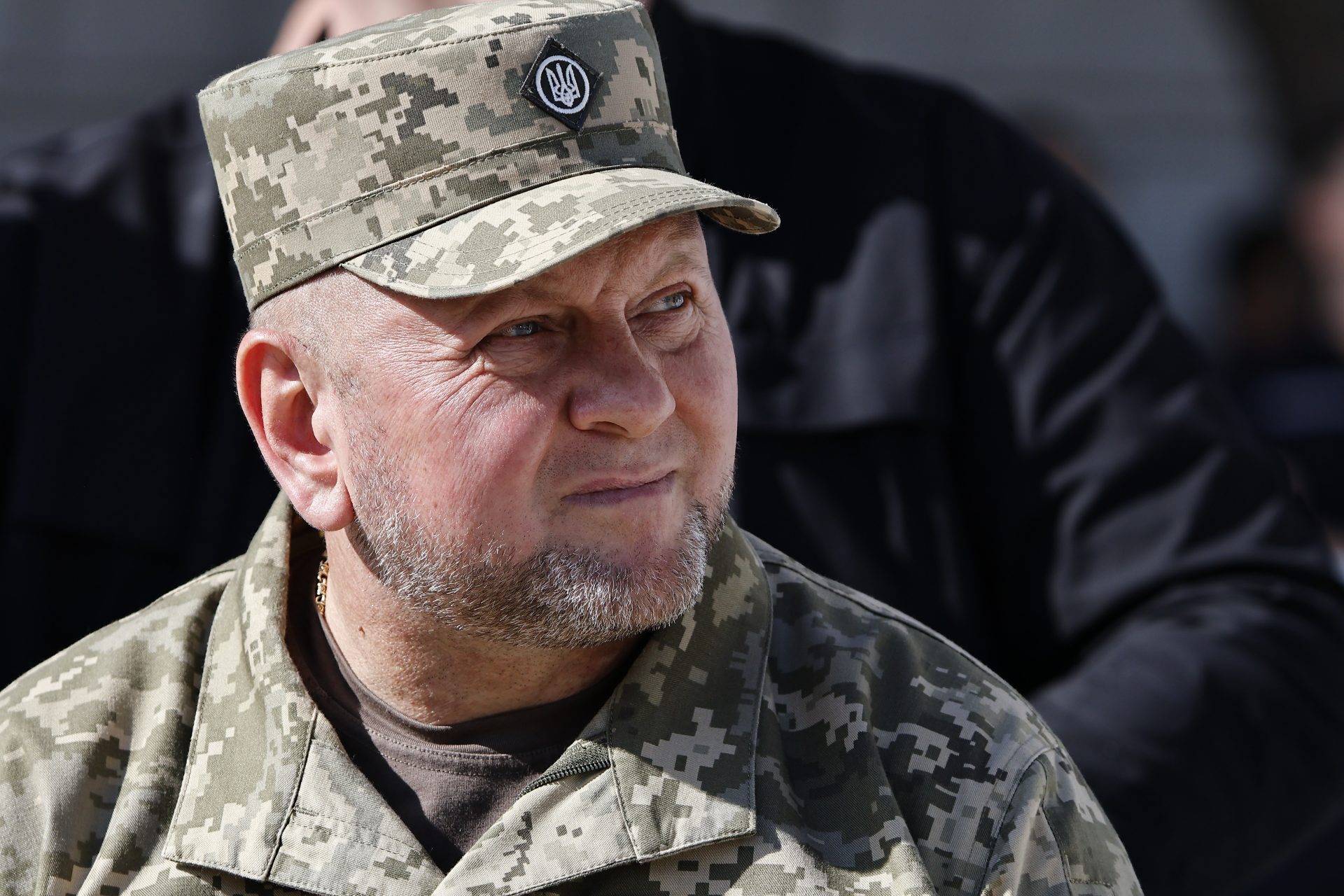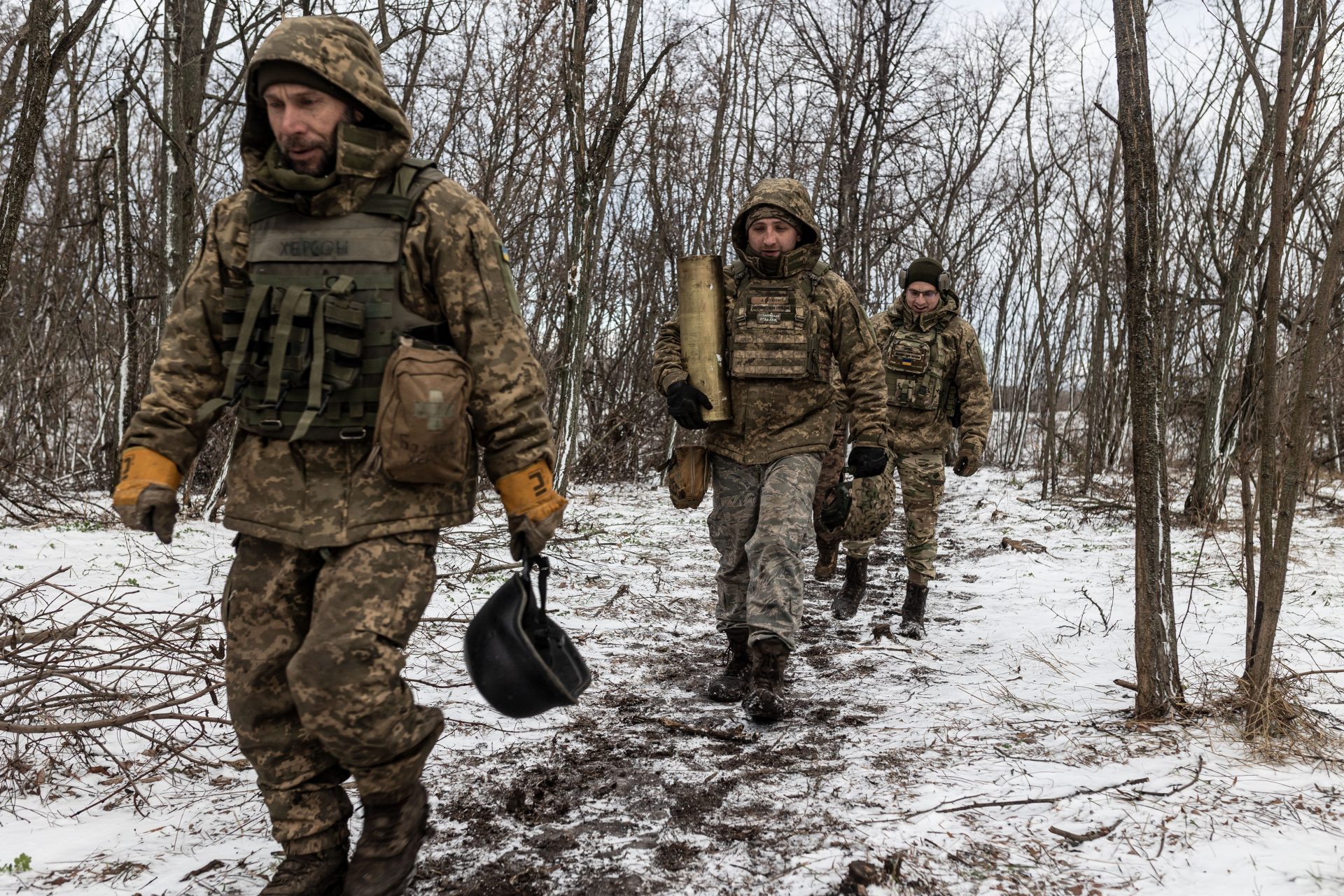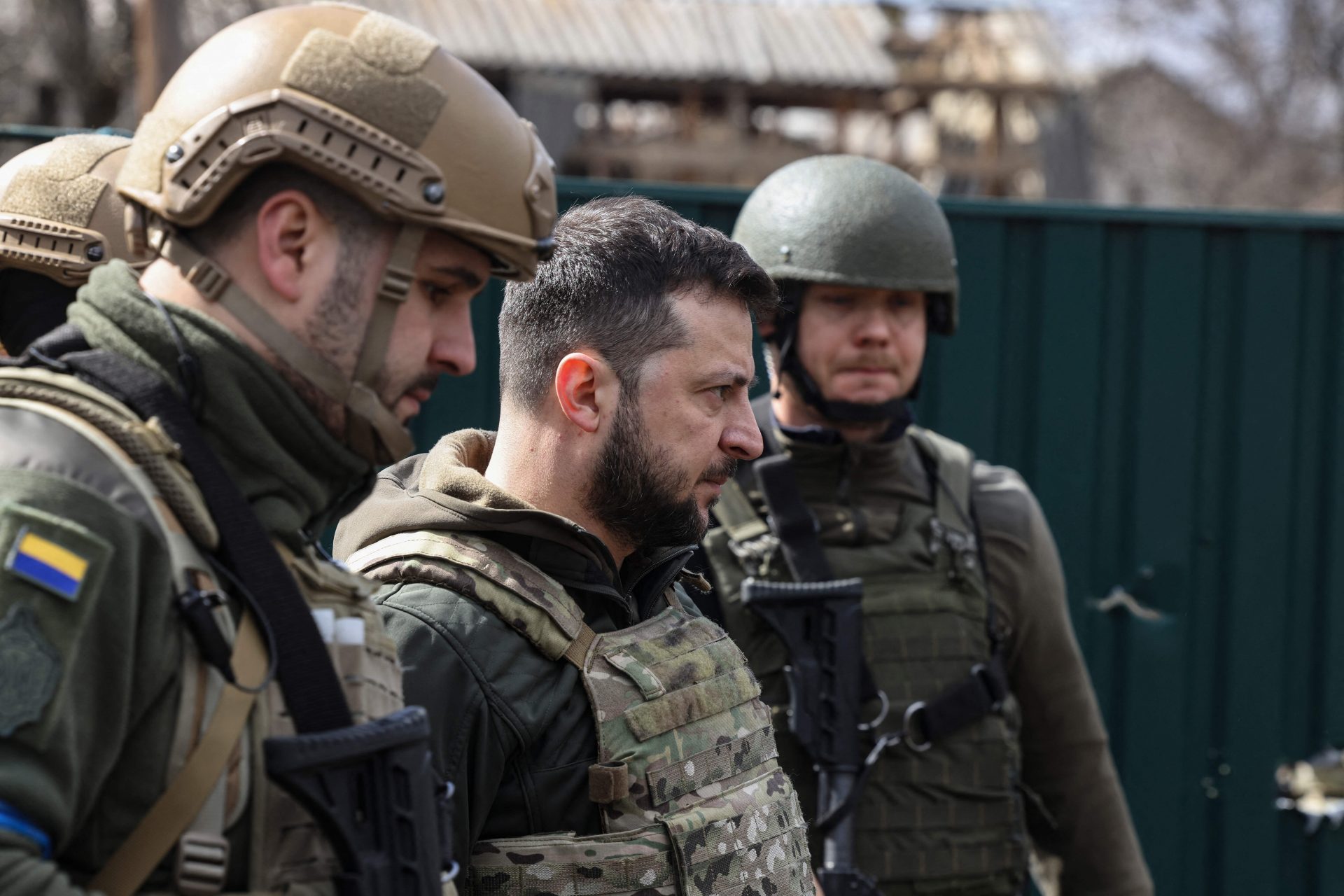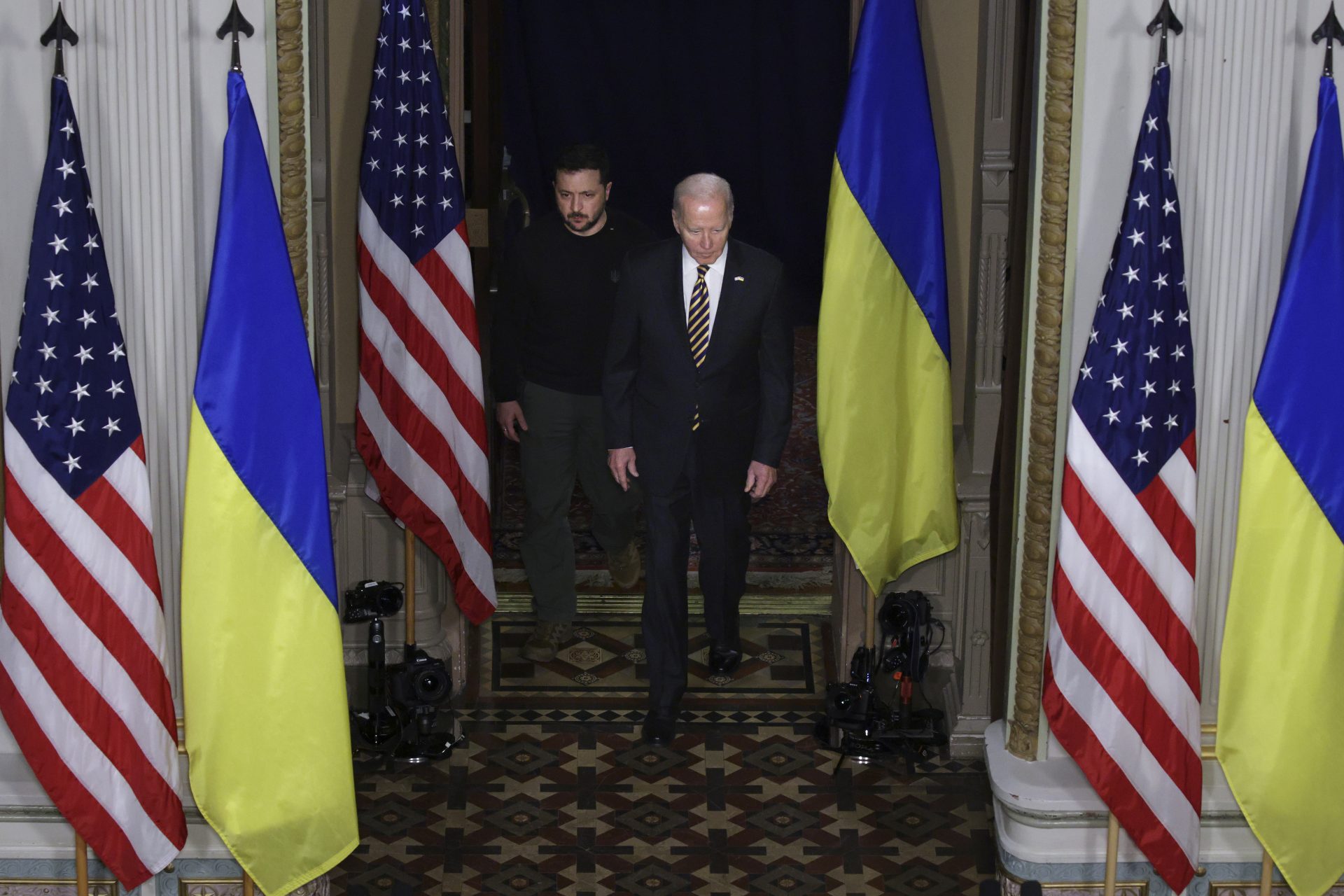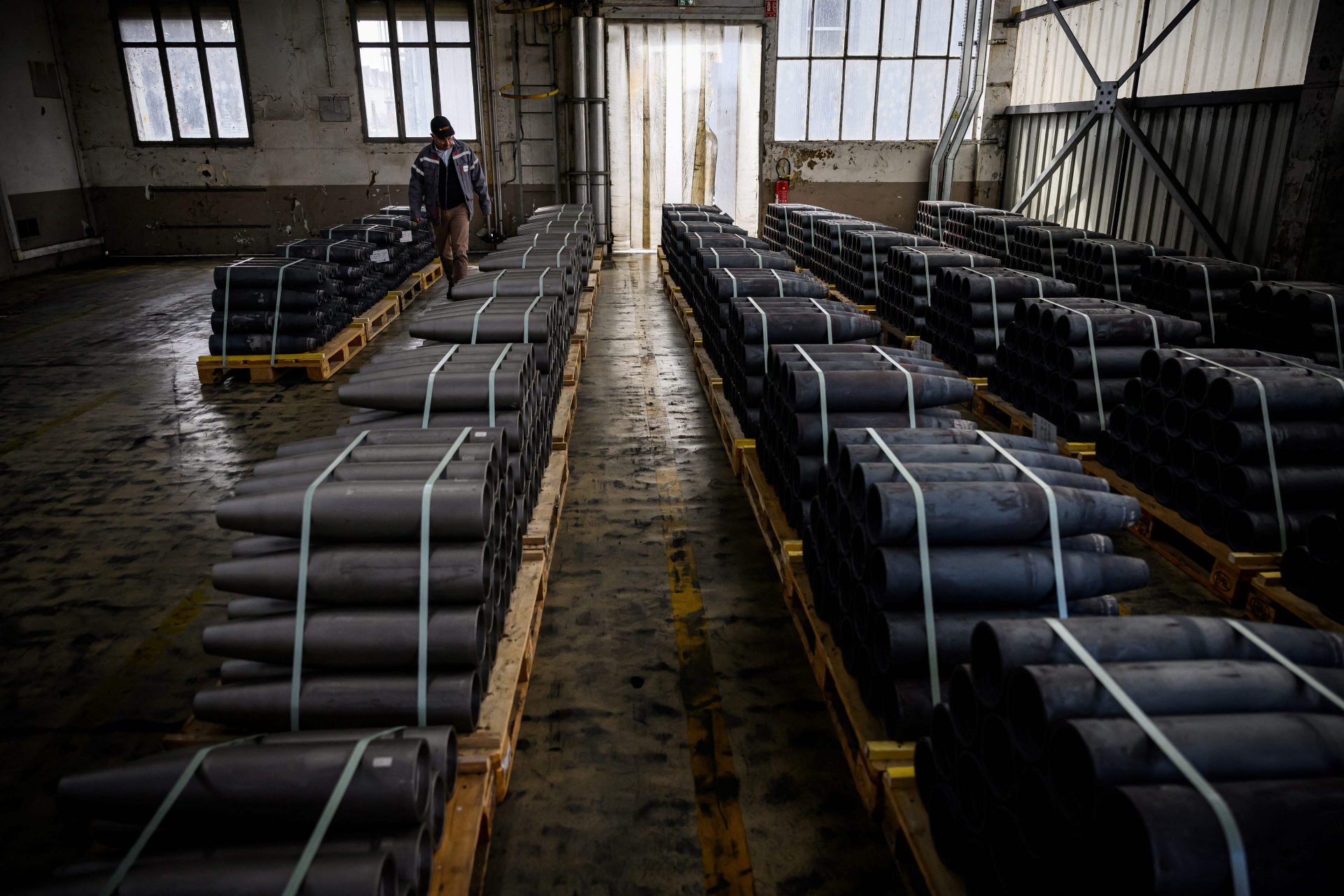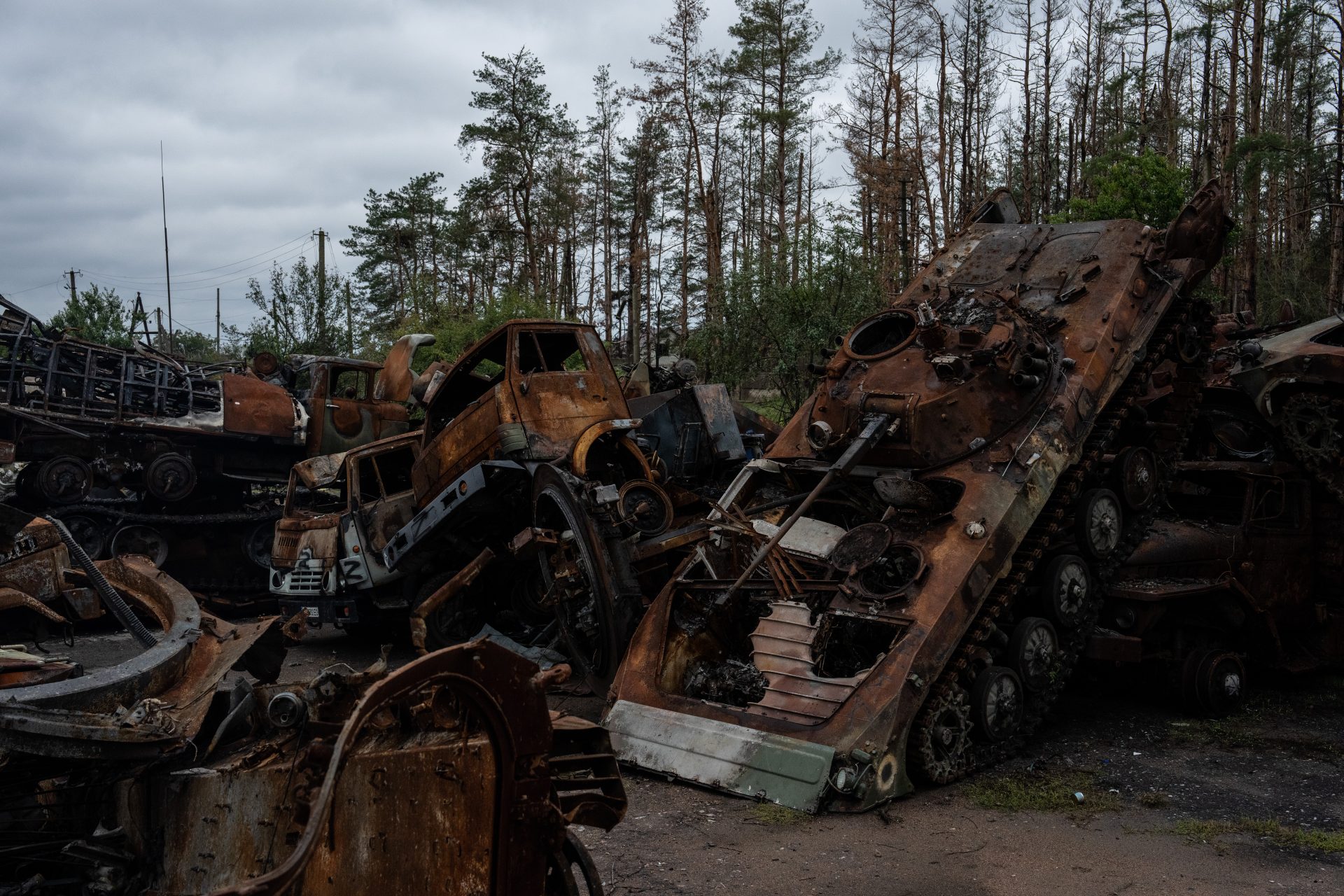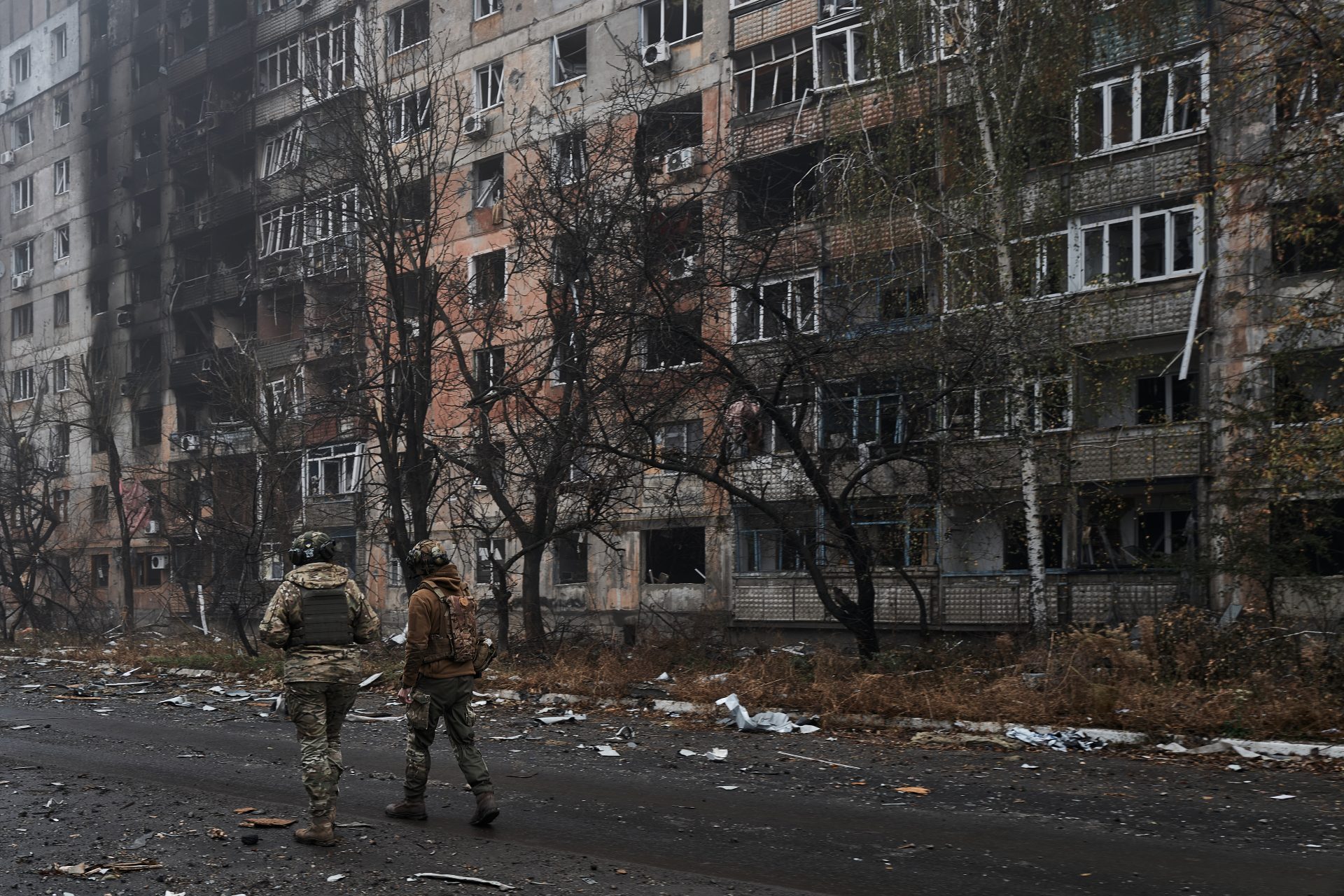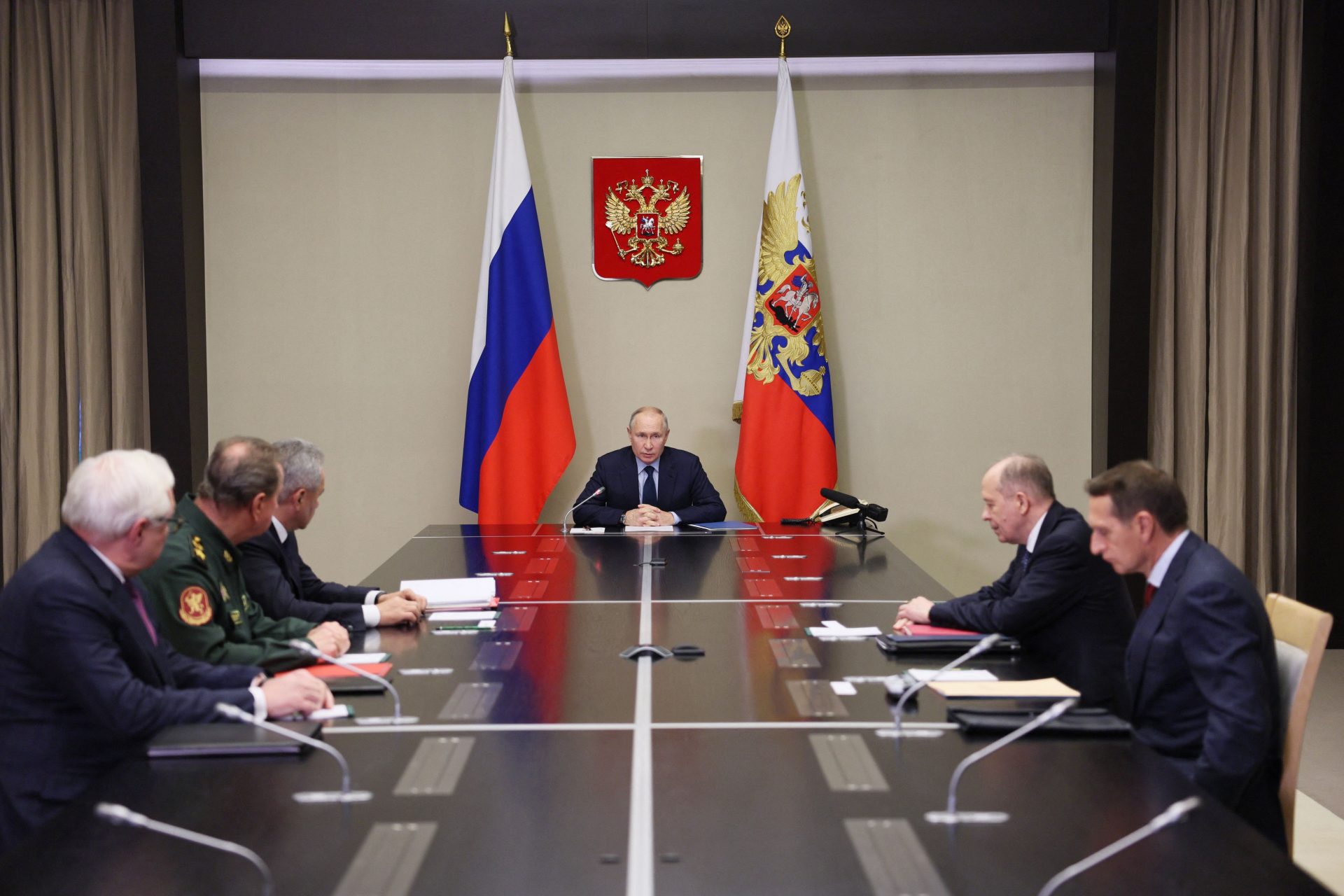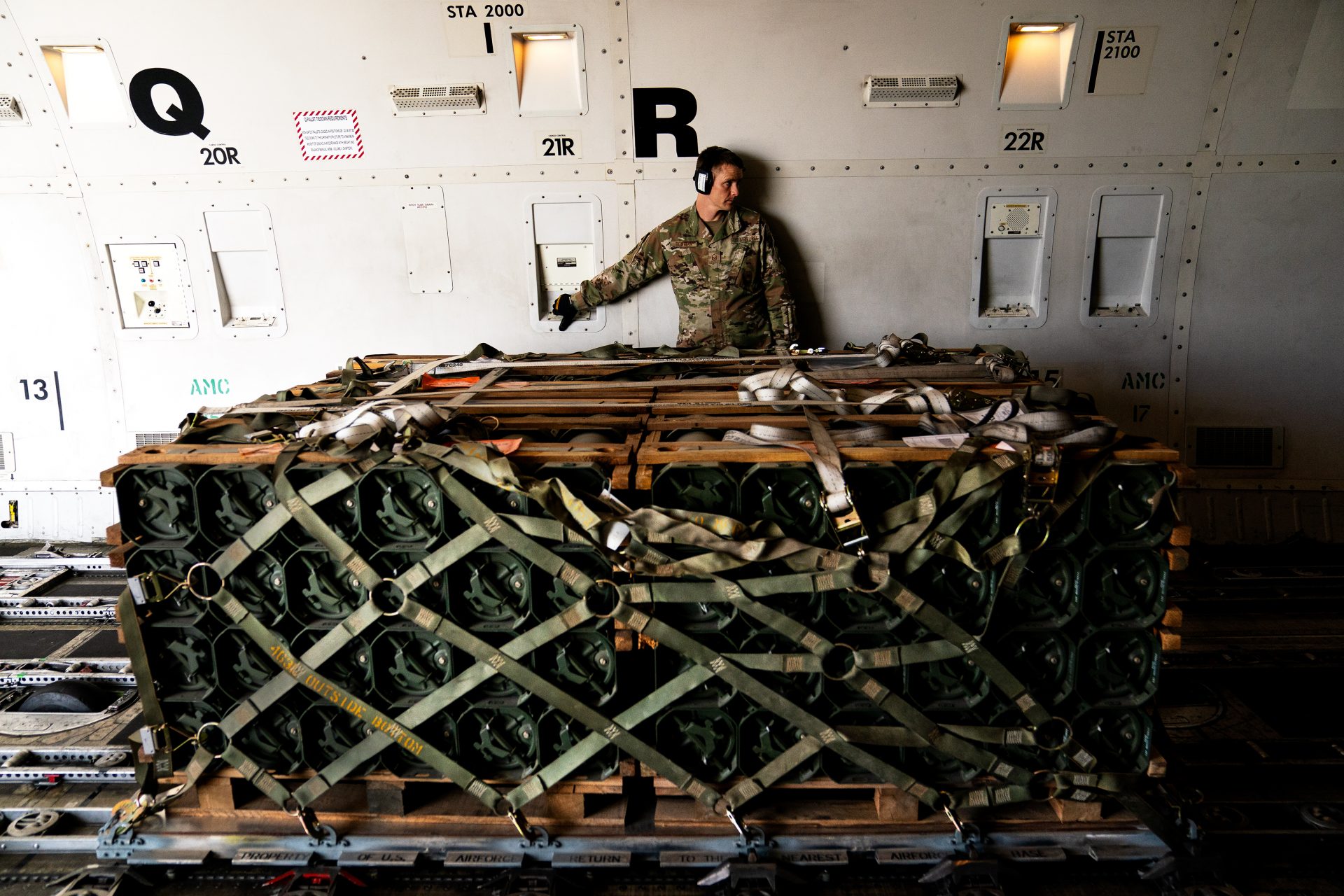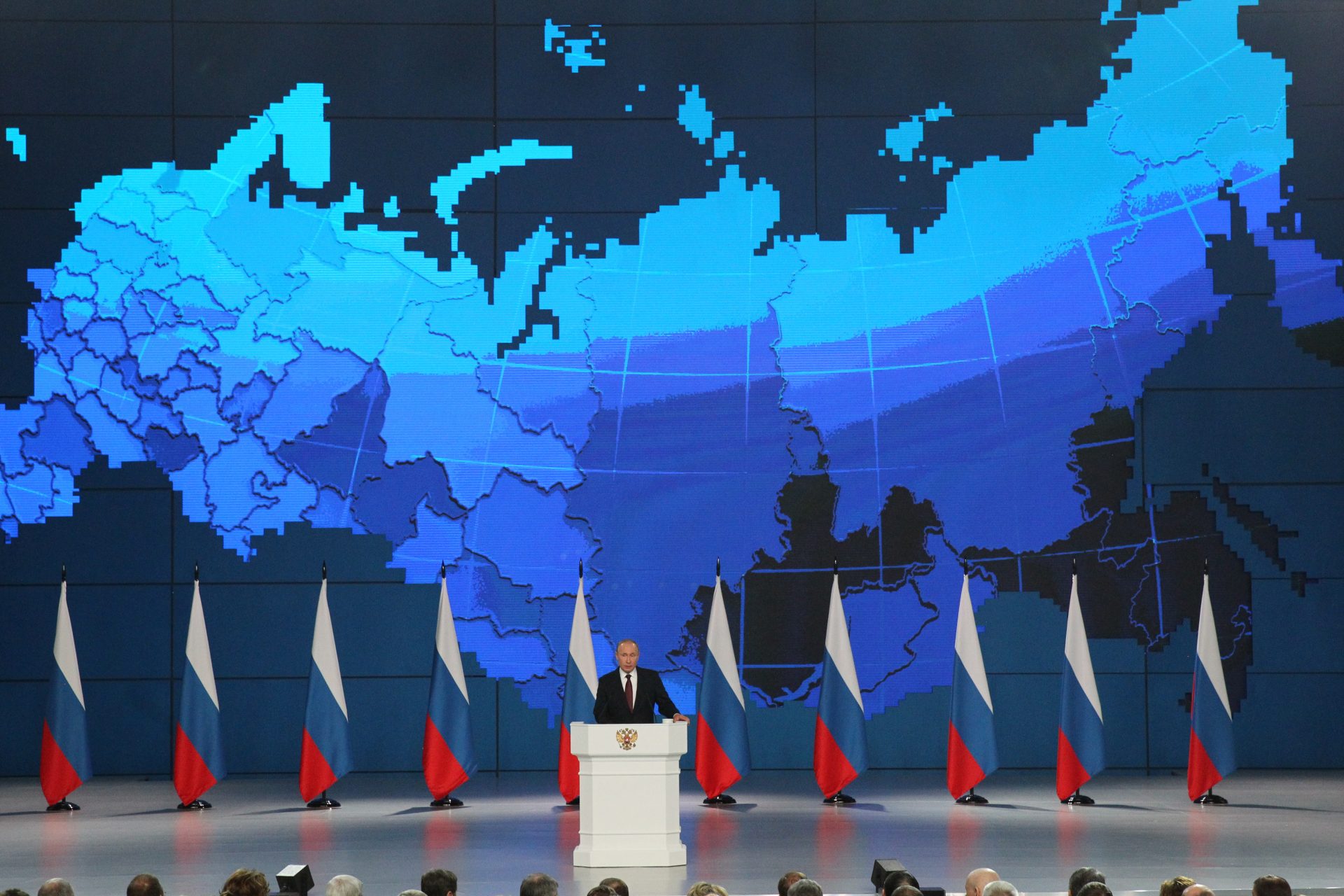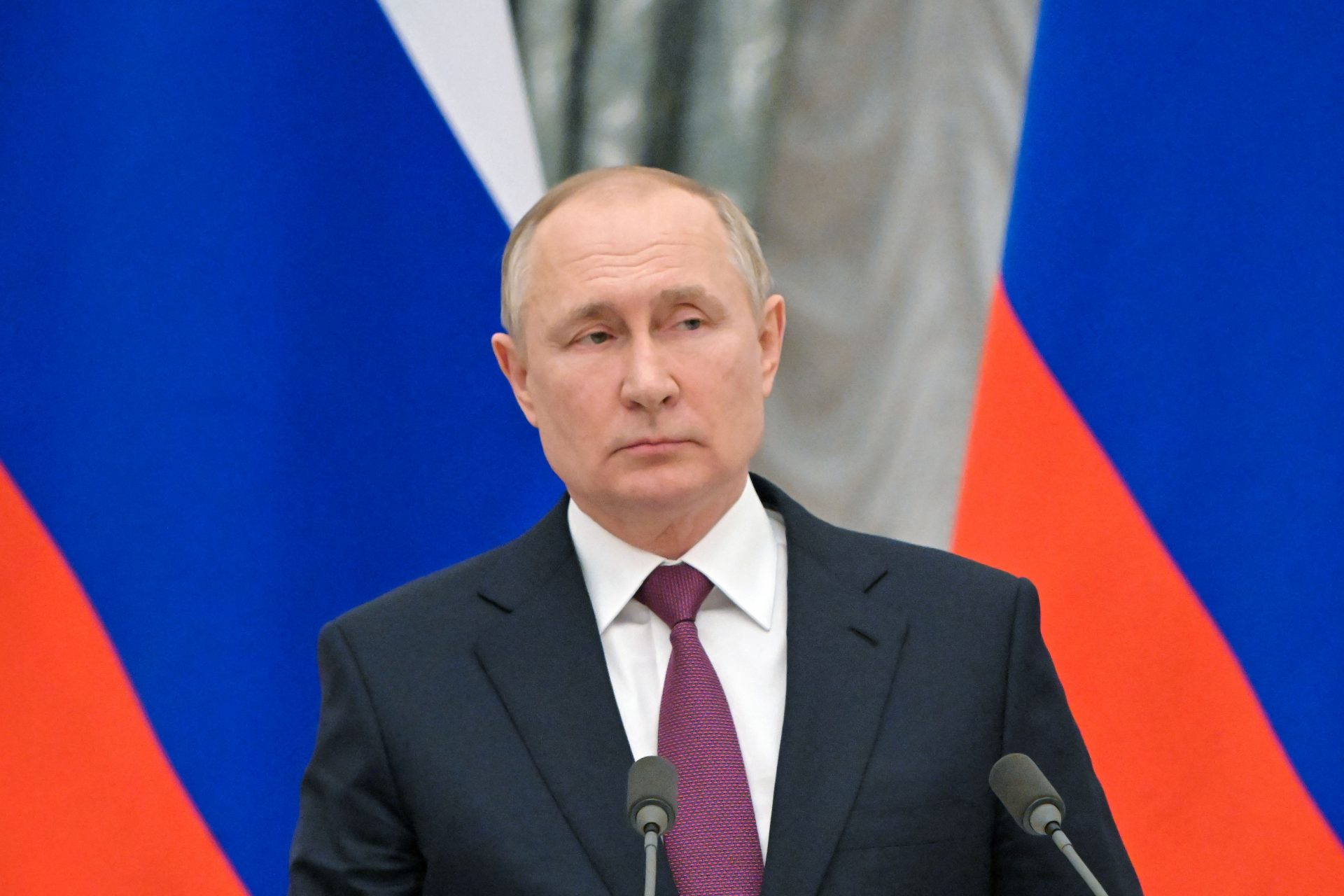Ukraine isn’t in a stalemate but Kyiv can’t win without help
When the Russian Armed Forces invaded Ukraine in February 2022, Vladimir Putin and his military commanders thought they would capture Kyiv in just three days. But that did not happen. Moscow’s advance bogged down instead.
What followed was a series of stunning Ukrainian victories. First Russia retreated from the north to focus on the south and east. In the summer of 2022, a surprise offensive in Kharkiv saw Ukraine take back a huge chunk of land.
The Kharkiv Offensive was followed by a victory in the south and Russia’s retreat across the Dnipro River. Ukraine took back all the formerly conquered territory on the right bank but things haven’t moved much since those victories.
Ukraine lost Bakhmut and other bits and pieces of territory all across the front, but it held back a Russian winter offensive. Unfortunately, Ukraine’s own offensive in the summer of 2023 amounted to little, and the war turned into a stalemate.
At least that was how the Commander-in-Chief of the Ukrainian Armed Forces, General Valerii Zaluzhnyi, assessed the conflict’s situation in a November 2023 interview with The Economist, admitting new technologies were needed to win the war.
However, not everyone has agreed with Zaluzhnyi’s view of the war. Dr Jack Watling, a Senior Research Fellow and land warfare expert at the Royal United Services Institute, wrote in a January article that Kyiv could win but needed help.
“This perception of stalemate, however, is deeply flawed. Both Moscow and Kyiv are in a race to rebuild offensive combat power. In a conflict of this scale, that process will take time,” Dr Watling wrote about the conflict’s situation.
Dr Watling doesn’t believe the war has reached a stalemate and instead sees two very different possible futures. First, Ukraine can strengthen its military forces over the next few months while degrading Russian combat power at the same time.
This outcome would rely heavily on assistance from the United States and Europe, but the strategy could allow Ukraine to position itself to renew its offensive in 2025 and build itself up to leverage its strength in future negotiations.
However, the second future could see a shortage of supplies and trained soldiers impede Kyiv’s ability to defend itself from Russian attacks and “mire Ukraine in an attritional struggle” that would leave its military forces exhausted.
If Ukraine gets bogged down in an attritional war, then the nation could be doomed. Kyiv can’t win a drawn-out conflict since the country lacks the population and economic base needed to go toe-to-toe with Russia in a long fight.
The biggest risk that an attritional war presents according to General Zaluzhnyi is that it could “drag on for years and wear down the Ukrainian state.” This is why Western aid is more important than ever. Without it, Kyiv will likely lose.
“The West, in fact, faces a crucial choice right now: support Ukraine so that its leaders can defend their territory and prepare for a 2025 offensive or cede an irrecoverable advantage to Russia,” explained Dr Watling in his article.
Clear commitments are needed from Ukraine's partners and allies according to Watling or else the Kremlin will only be further emboldened by the West’s indecision, something he noted was already obvious from a recent push away from peace.
“Uncertainty about the long-term provision of aid…has already undermined the goal to push Russia to the negotiating table because the Kremlin now believes it can outlast the West’s will,” Dr Watling wrote, which is a fact that has some supporting evidence.
During Vladimir Putin’s annual end-of-year press conference, the Russian President hinted that he wasn’t looking to compromise when he stated: “Peace will come when we achieve our goals” according to a translation of his comment by the New York Times.
“They’re getting everything as freebies. But these freebies can run out at some point, and it looks like they’re already starting to run out,” Putin added, a clear indication that the aid troubles in the US and Europe have affected his thinking.
More for you
Top Stories



